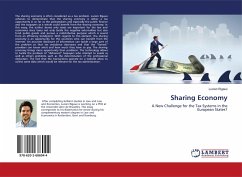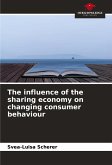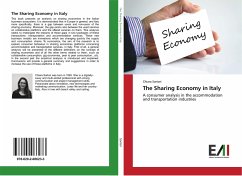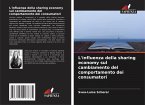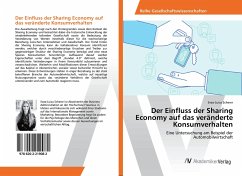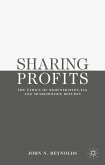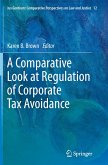The sharing economy is often considered as a tax problem. Lucien Rigaux achieves to demonstrate that the sharing economy is rather a tax opportunity in so far as the policymakers and especially the public finance and the taxpayers as a whole could benefit from the sharing economy. In this essay, the author shows why taxes are important for the law and economics since taxes not only tackle the negative externalities but also fund public goods and pursue a redistributive purpose which is sound from an efficiency standpoint. With regards to this element, the sharing economy is an opportunity for the countries who can benefit from the internet. An accurate disclosure of information can tackle a large part of the problem so that tax avoidance decreases and that the "honest" providers can know what and how much they have to pay. The sharing economy brings more opportunity than problems. The technology allows to tackle the problem of "dishonest" taxpayers who attempt to evade as well asothers problems such as the determination of the professional deduction. The fact that the transactions operate on a website allow to collect some data which would be relevant for the tax administration.
Hinweis: Dieser Artikel kann nur an eine deutsche Lieferadresse ausgeliefert werden.
Hinweis: Dieser Artikel kann nur an eine deutsche Lieferadresse ausgeliefert werden.

